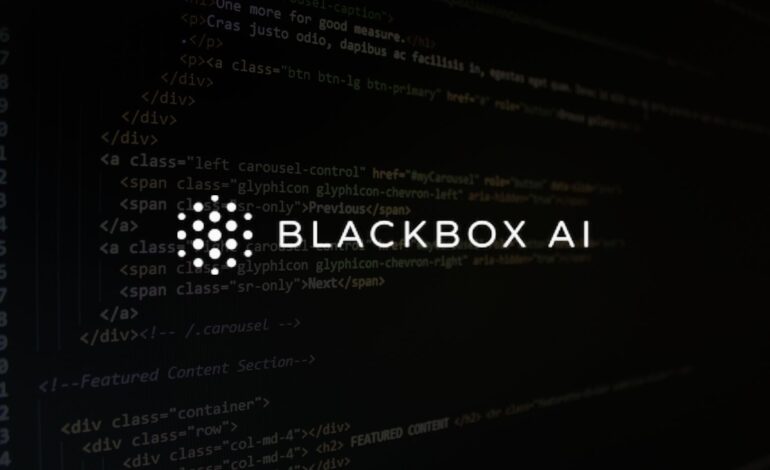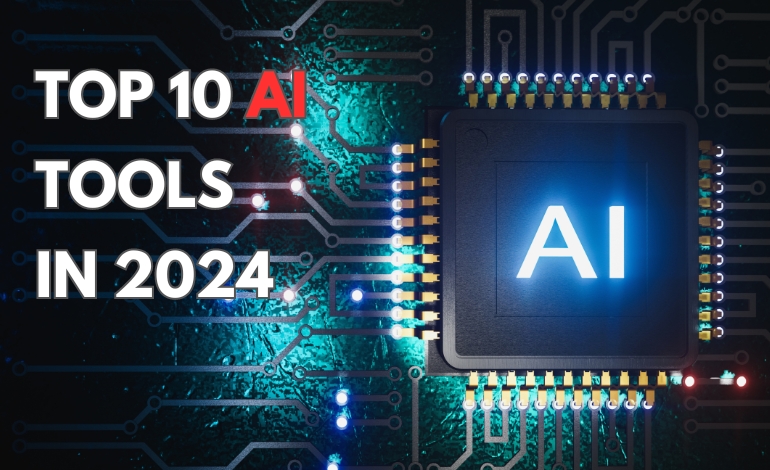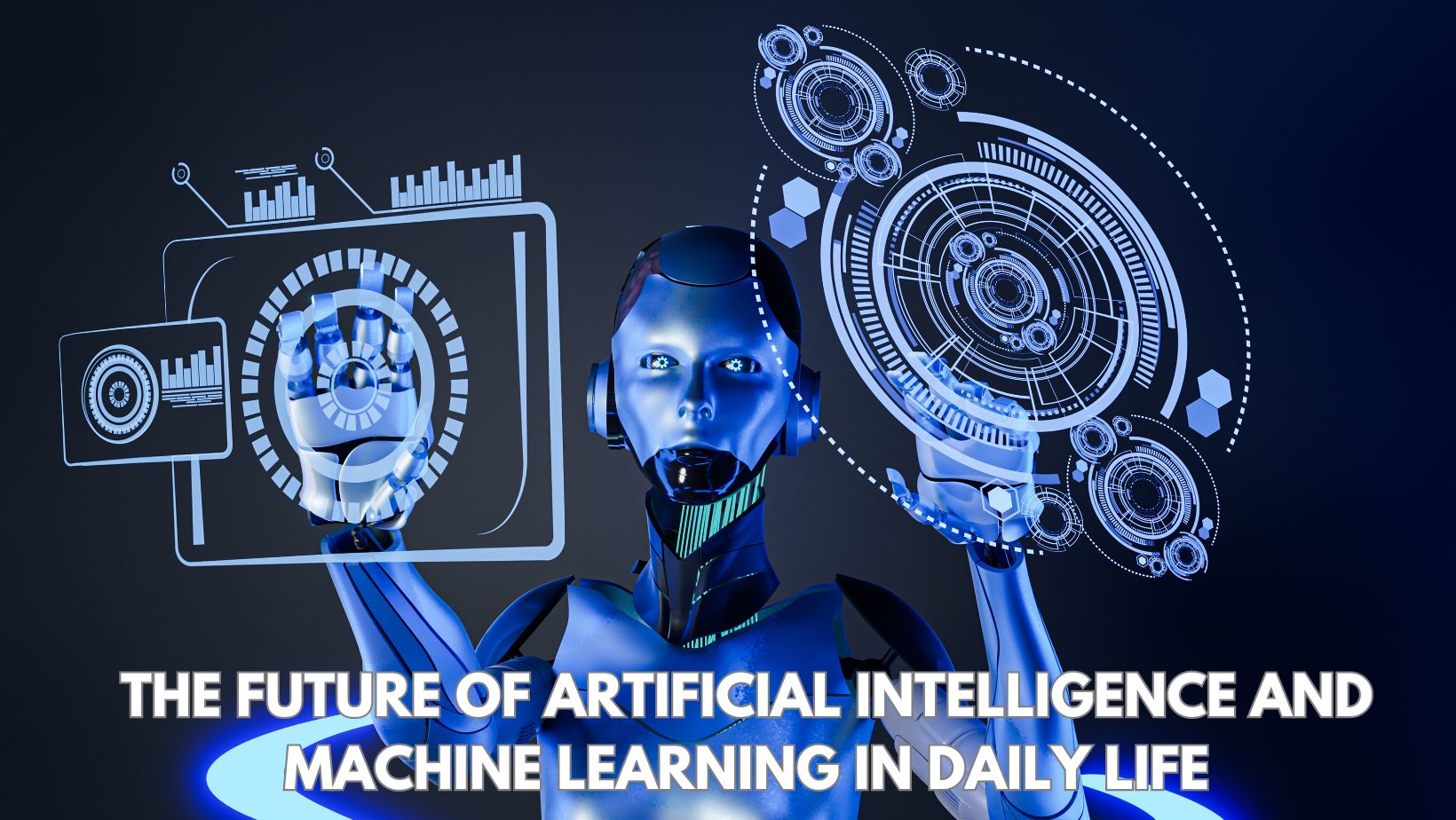
Understanding “Black Box AI”: What It Is and Why It Matters
Artificial Intelligence (AI) is rapidly developing and its applications impacting nearly every aspect of our lives from finance to healthcare in entertainment to social media. But as AI technology grows more sophisticated and advanced, a new issue is arising as”The “black box” issue. What do we think we mean by “Black Box AI,” and why is it so important?
What Is “Black Box AI”?
“Black Box AI” is a reference to AI models or systems that are so complex that the creators of them don’t understand what they do. These systems are able to make decisions or forecasts but the way in how they decide isn’t obvious or clear like trying to figure out the inner workings of a black box, without being able to understand the inner workings.
For example, for instance, the Deep learning model could scan the medical records of thousands in order to determine the chance of a patient developing an illness. While the predictions could have been correct but the reason behind the model’s decision is hard to understand, or even impossible to determine. The lack of transparency in the model raises questions about trust, accountability and ethics.

Why Should We Care About Black Box AI?
1. Trust and Accountability
- If you think the AI system is a “black box,” it isn’t easy to believe in its decision-making. In crucial areas like healthcare, finance as well as criminal justice, the inability to justifying or explaining decisions can have serious consequences. If an AI is unable to approve the loan they need, or recommends the recourse to a medical procedure, it is crucial to understand the reasons behind it.
2. Bias and Fairness
- AI machines are able to learn from data and If the data contains biases, the AI can enhance or boost the prejudices. Without transparency it is difficult to recognize and eliminate the weaknesses. The black-box AI might make a choice that is unfairly discriminatory against a certain people, without stating the reasoning behind the discrimination.
3. Ethical Considerations
- As AI becomes more responsible in our world as it is more active in our society The ethical implications of their decisions are becoming more important. For instance when AI is employed for the purpose of hiring it is crucial to ensure that the choices taken by AI are in line with ethical norms. The black box AI can be difficult to ensure that ethical standards are followed.
Real-World Examples of Black Box AI
- Health: AI systems are being increasingly used to predict the outcome for patients or provide alternative treatments. However, when doctors don’t understand the procedure through which an AI reached its conclusion or reached it and why, it’s not easy to trust the advice of an AI, even if accurate.
- Finance: The world of finance AI is employed in every aspect including credit scores to the trading of stocks. It’s a black box AI can make decisions that could affect someone’s financial security, however, with no transparency, it’s tough for AI to explain or justify these choices to those who are affected by them.
- Legal System AI can be employed in certain aspects of criminal justice such as predicting and reducing recidivism as well as aiding in the sentence process. However, the opaque nature that comes with black boxes AI raises questions about fairness, as well as the potential for unfair results.
The Path Forward: Making AI Explainable
The solution for the black box problem is vital for what lies in the future in the field of AI. Scientists and engineers are trying to create “explainable AI” (XAI) systems that offer knowledge of how they make their choices. They aim to be precise and transparent, delivering the human with explanations that are easy to comprehend.
There are a few choices available, including:
- Simple Models Utilizing a simple models that are easier to understand, even although they are less exact.
- Post-Hoc explanations: The development of techniques to better understand the decisions taken by models that are complex after they’ve made predictions.
- Human-in-the-Loop Systems Humans participate in the process of selection in order for AI to be sure that its decisions are rational and reliable.
Conclusion
Black Box AI presents an important challenge in the moment of rapid progress technological advancement. Although these technology may deliver enormous benefits, their insufficient transparency has raised concerns regarding trust, fairness and ethics. While AI is becoming a more integral element of our lives each day, we must insist on clear and transparent approaches to warrant that this technologies serve our interests in a fair and a sure.
The black box issue isn’t just a technical issue but one of societal importance that affects all. As we progress in the future, it’s crucial to make sure that we use AI technologies that are reliable, easy to comprehend and something we can trust understanding and to be accountable.





